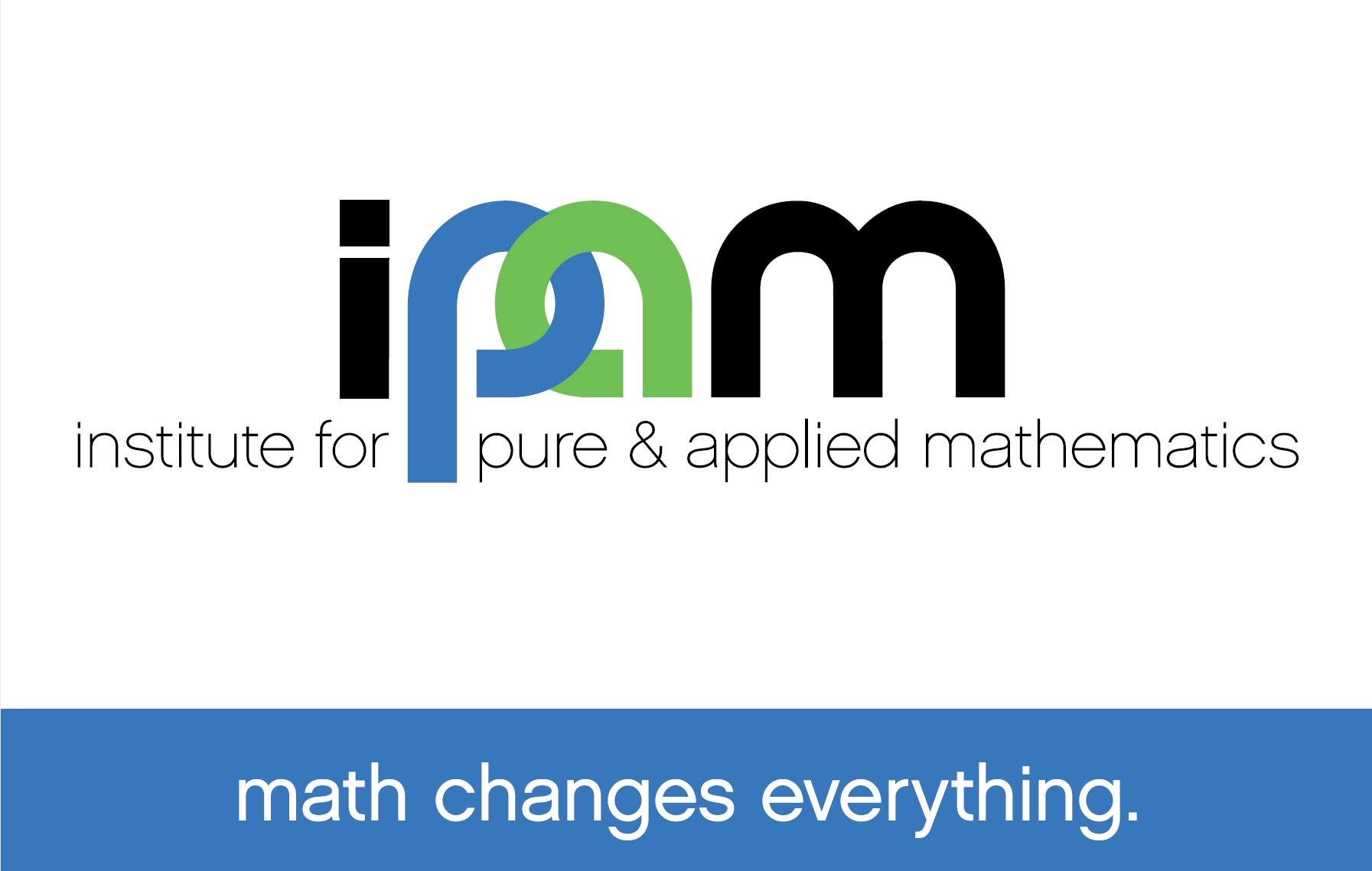Physics Guided Machine Learning: A New Paradigm for Modeling Dynamical Systems
Presenter
November 6, 2018
Abstract
Vipin Kumar - University of Minnesota, Twin Cities
Physics-based models of dynamical systems are often used to study engineering and environmental systems. Despite their extensive use, these models have several well-known limitations due to incomplete or inaccurate representations of the physical processes being modeled. Given rapid data growth due to advances in sensor technologies, there is a tremendous opportunity to systematically advance modeling in these domains by using machine learning (ML) methods. However, capturing this opportunity is contingent on a paradigm shift in data-intensive scientific discovery since the “black box” use of ML often leads to serious false discoveries in scientific applications. Because the hypothesis space of scientific applications is often complex and exponentially large, an uninformed data-driven search can easily select a highly complex model that is neither generalizable nor physically interpretable, resulting in the discovery of spurious relationships, predictors, and patterns. This problem becomes worse when there is a scarcity of labeled samples, which is quite common in science and engineering domains.
This talk makes a case that in a real-world systems that are governed by physical processes, there is an opportunity to take advantage of fundamental physical principles to inform the search of a physically meaningful and accurate ML model. Even though this will be illustrated in the context of modeling water temperature, the paradigm has the potential to greatly advance the pace of discovery in a number of scientific and engineering disciplines where physics-based models are used, e.g., power engineering, climate science, weather forecasting, materials science, and biomedicine.
URL: http://www.cs.umn.edu/~kumar
Research funded by NSF and USGS
